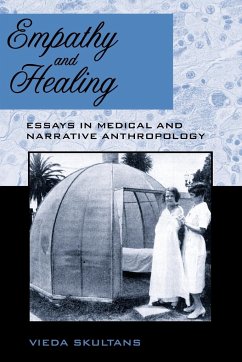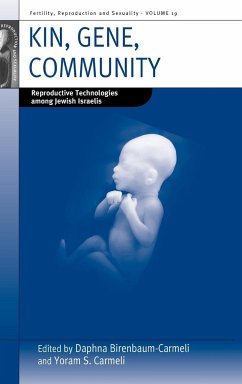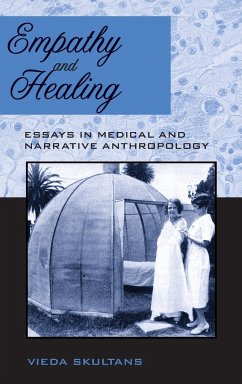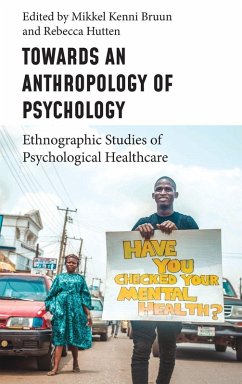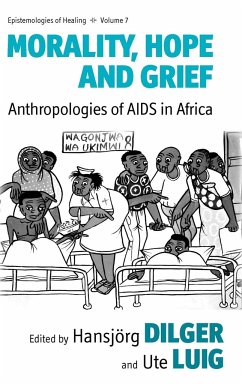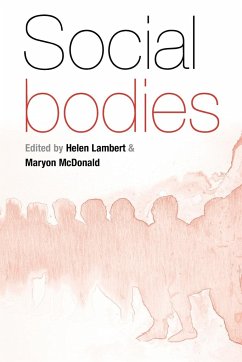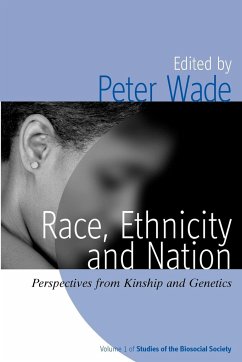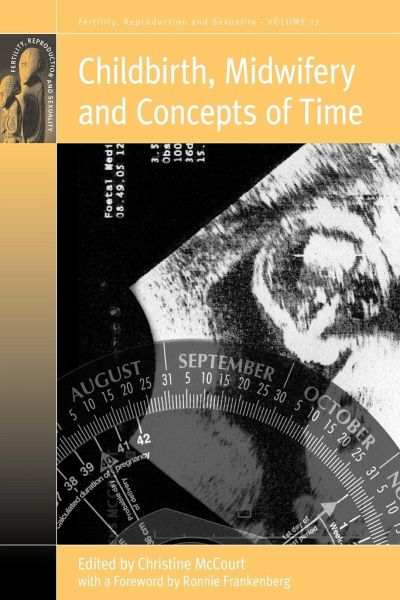
Childbirth, Midwifery and Concepts of Time
Versandkostenfrei!
Versandfertig in 1-2 Wochen
37,99 €
inkl. MwSt.

PAYBACK Punkte
19 °P sammeln!
All cultures are concerned with the business of childbirth, so much so that it can never be described as a purely physiological or even psychological event. This volume draws together work from a range of anthropologists and midwives who have found anthropological approaches useful in their work. Using case studies from a variety of cultural settings, the writers explore the centrality of the way time is conceptualized, marked and measured to the ways of perceiving and managing childbirth: how women, midwives and other birth attendants are affected by issues of power and control, but also acti...
All cultures are concerned with the business of childbirth, so much so that it can never be described as a purely physiological or even psychological event. This volume draws together work from a range of anthropologists and midwives who have found anthropological approaches useful in their work. Using case studies from a variety of cultural settings, the writers explore the centrality of the way time is conceptualized, marked and measured to the ways of perceiving and managing childbirth: how women, midwives and other birth attendants are affected by issues of power and control, but also actively attempt to change established forms of thinking and practice. The stories are engaging as well as critical and invite the reader to think afresh about time, and about reproduction.




